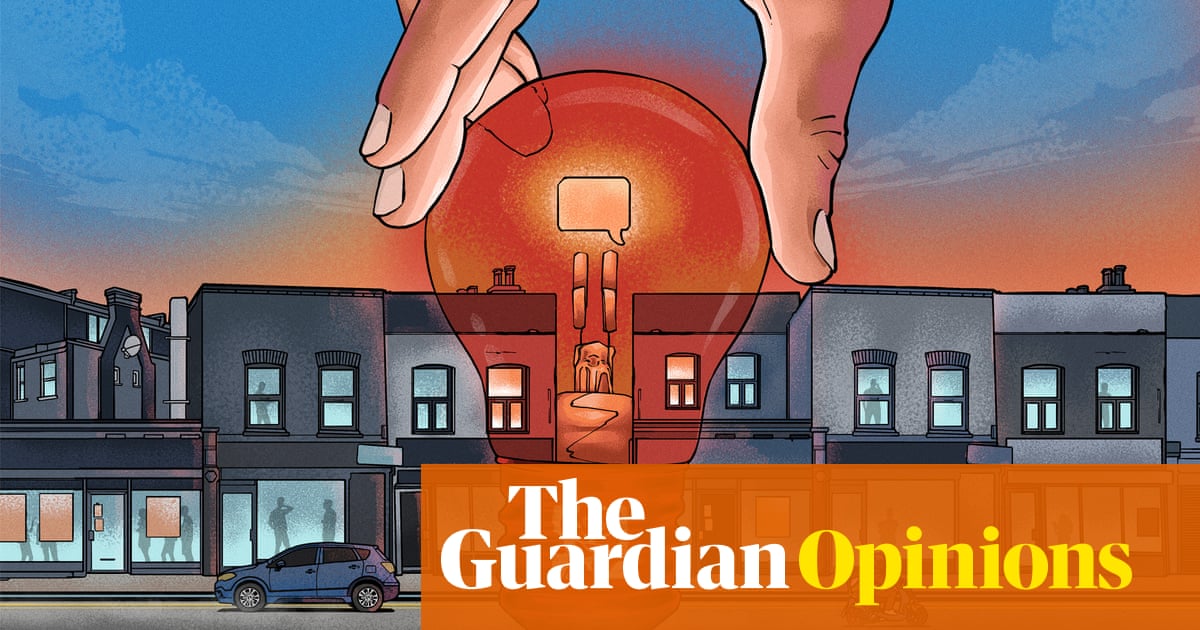
Veteran investor Jim Cramer caused a stir in the energy world a few days ago with his verdict, broadcast live on CNBC, that he was “done” with investing in shares of companies that produce fossil fuel products such as oil and gas because they are “in the death knell phase.”
Hammering home this message, he compared traditional energy investment to tobacco. Investors in cigarettes and other tobacco products pulled out of the sector in droves when it was found to have covered up evidence of public health risks from its products. The oil industry risks going the same way, Cramer said.
The analogy is not remotely sound. Tobacco was only ever a whimsical human indulgence, though a highly addictive one. Fossil fuel products, on the contrary, have fueled economic growth and well-being for over a century, lifted billions of people out of poverty, and given humans high standards of living.
But Cramer’s comments were the latest example of a trend that has been underway for some time in the financial world. Investors have fallen out of love with fossil fuels in a big way. Why this has happened is of particular importance to Saudi Arabia, now home to the biggest quoted energy company in the world, Saudi Aramco, and still dependent on energy revenue despite the diversification strategy under Vision 2030.
A recent report by IHS Markit, the information group in which oil expert Daniel Yergin plays a big role, pointed out that energy stocks have been the worst-performing sector of the booming stock markets of the past decade.
Energy now accounts for less than 4 percent of the weightings of the S&P 500 index, compared to 15 percent a couple of decades ago, in a period when the American oil industry has gone through the biggest boom in its recent history, making the US self-sufficient in energy.
You would have thought that American investors would have filled their boots with energy shares in appreciation of the US energy miracle, but the opposite has happened. Another energy guru, Halima Croft, the head of commodity strategy at RBC Capital Markets, told the ADIPEC conference in Abu Dhabi last autumn that there was a danger the energy sector was becoming “un-investible.”
Larry Fink, head of the biggest investment organization in the world, BlackRock, said his firm would divest of the really dirty stuff such as coal, and set restrictions on new investment in other fossil fuels.
Fink explained that he was not acting as an environmentalist, but as a responsible capitalist with a duty to clients and investors. Another responsible capitalist — the UK’s Guardian Media Group — said it would no longer accept advertising from oil and gas companies.
When the big quoted oil companies such as Exxon and Shell reported financial results last week, it did nothing to persuade the financial world that they should get back into energy. Weak profits and cash flows offset the allure of share buyback programs. The shares fell again.
The question is whether the unpopularity of energy stocks reflects economic problems in the industry that could prove to be temporary, with good management and better market conditions; or whether it is, as Cramer says, a climate change-induced death knell, compounded by long-term fears about falling demand for fossil fuels and the rise of alternatives such as solar, wind and clean electric cars.
The IHS Markit report offered some insight. It was based on a survey of global investors with $98 billion in assets under management, of whom the majority said they were staying away from it because of economic worries — commodity volatility, low returns and supply-demand imbalances — rather than environmental, social or governance fears. These were growing in importance, but not on their own enough to turn people off energy stocks.
In other words, if the energy industry gets its act together, the investment world would buy their shares again. In fact, 63 percent thought they were undervalued at current levels.
The challenge for energy leaders such as Saudi Aramco is to show that they can simultaneously manage the existing difficult economic environment as well as make the pivot toward energy transition in the new environmentally aware world.
• Frank Kane is an award-winning business journalist based in Dubai.
Disclaimer: Views expressed by writers in this section are their own and do not necessarily reflect Arab News" point-of-view












